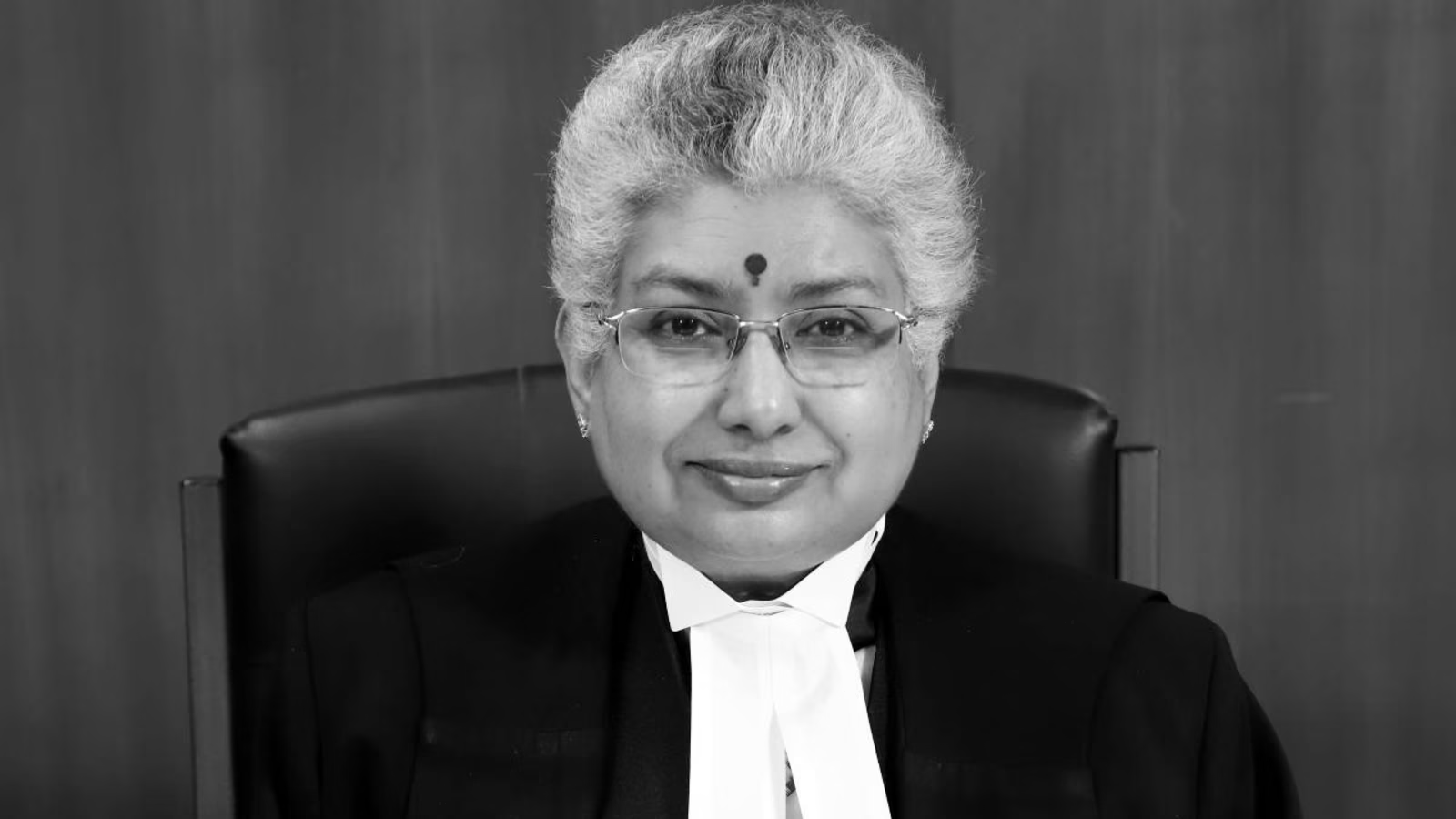Now Reading: Supreme Court Justice Nagarathna Dissent Sparks Debate Over Collegium Picks
-
01
Supreme Court Justice Nagarathna Dissent Sparks Debate Over Collegium Picks
Supreme Court Justice Nagarathna Dissent Sparks Debate Over Collegium Picks

Justice B. V. Nagarathna has emerged as the lone dissenting voice in the Supreme Court collegium’s recent recommendation to elevate Patna High Court Chief Justice Vipul M. Pancholi to the apex court. Her detailed dissent flags serious concerns over the selection process and calls for greater transparency—a move that brings renewed scrutiny to how judicial appointments are made. A rare departure from collegial harmony, Justice Nagarathna’s disagreement with her peers reflects broader unease about fairness in judicial promotions. She argues that elevating Justice Pancholi, given his seniority and representational context, risks undermining both institutional integrity and public faith in the system. Justice Nagarathna’s note outlines two main issues. First, she points out the question of seniority and representation. Justice Pancholi ranks 57th among high court judges, and his proposed elevation would mean superseding many more senior jurists, including women judges—a pattern raising questions about equity in selections. Second, she highlights the concern of regional overrepresentation. The Gujarat High Court already has two sitting Supreme Court judges, and adding a third, she warns, would skew the collegium’s diversity goals, marginalizing underrepresented regions and institutions. She also calls for relevant confidential records—especially regarding Pancholi’s transfer from Gujarat High Court to Patna High Court in 2023—to be brought forth and reviewed publicly. By insisting her dissent be uploaded on the Supreme Court’s website, Justice Nagarathna sends a clear message: procedural transparency is non-negotiable. Her stand echoes recent debates on overhauling the collegium system, balancing judicial autonomy with the need for clarity in decision-making. In smaller cities, where the judiciary often symbolizes fairness and equal opportunity, any hint of bias or opacity can erode trust. Justice Nagarathna’s dissent reminds the public that even institutions built on discretion must answer to principles of openness and merit—values that matter deeply in India’s smaller towns and their courthouse expectations. Justice Nagarathna’s dissent is more than an internal disagreement—it’s a call to preserve credibility in India’s highest court. At a time when judicial independence is vigorously defended, her move underscores that integrity also demands transparency. For the public, especially beyond metros, it offers reassurance that the justice system can still hold itself to account—even when it’s judging its own.

























